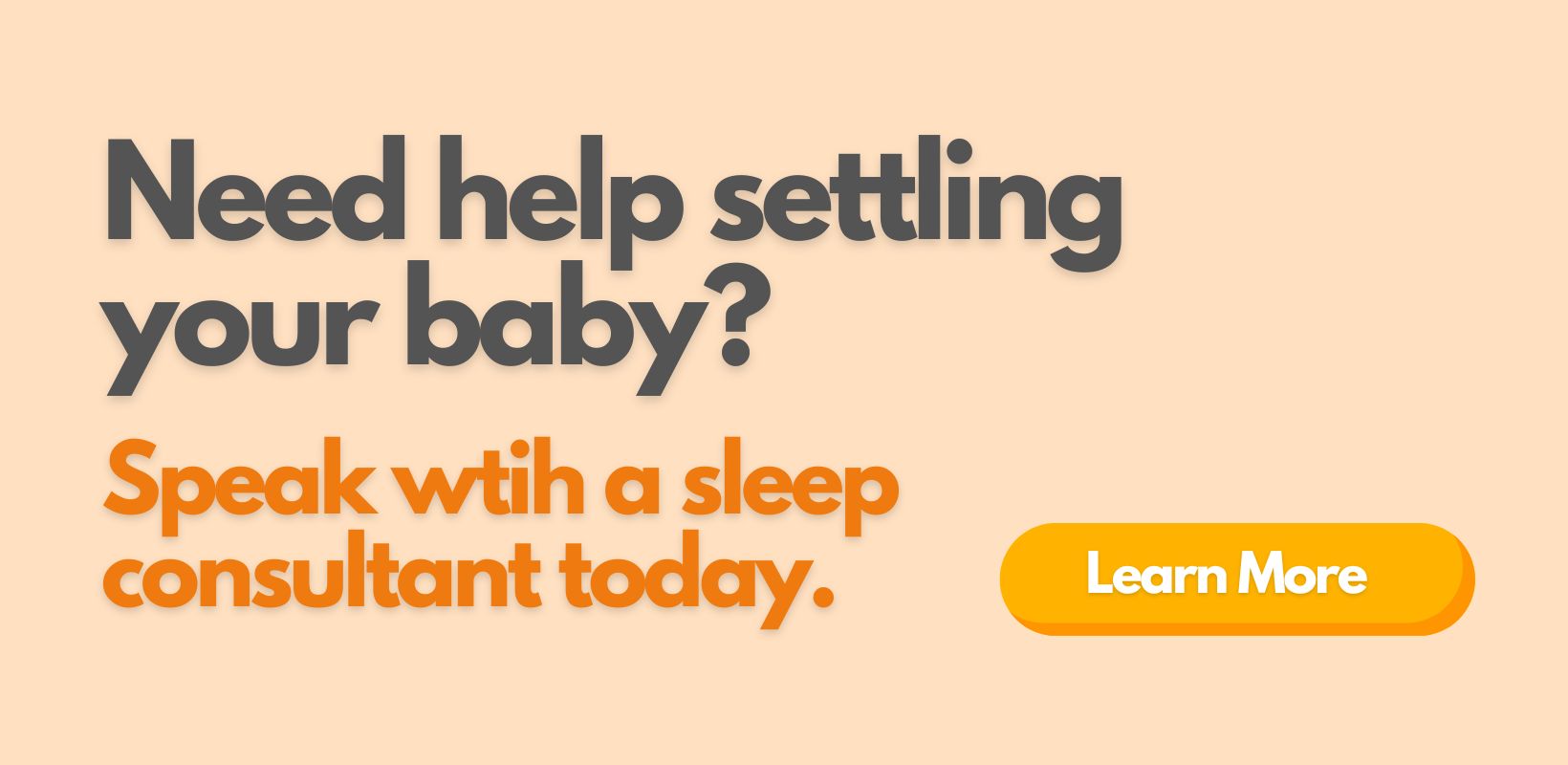Key Points
- The notion of a perfect mother is unrealistic and detrimental to maternal well-being and child-rearing
- Social media, societal comparisons, and an abundance of choices contribute to the pressure of striving for perfection in motherhood
- Mothers face judgment and conflicting advice from various sources, leading to self-doubt and insecurity in parenting decisions
- Trusting one's maternal instincts, informed by intuition and common sense, is crucial in making parenting decisions that align with individual family dynamics and values
What is the ‘perfect mother’ anyway?
Is the perfect mother the one who breastfeeds the longest?
Or the one who doesn’t ever yell at her kids and always get’s them to school and the birthday parties on time?
Or the one who always knows how to soothe a crying baby?
Maybe the perfect mother is the one who has the tidiest house and is able to juggle work, children, the preschool fete AND make it all look easy?
The truth is, there is no such thing as the ‘perfect mother’.
Trying to live up to the illusion of being the ‘perfect mother’ is sucking the joy out of motherhood and affecting mother’s health and also their children.
So why do we hold onto the illusion of the ‘perfect mother’ and where has it come from?
Let’s explore a few options.
#1. Social media
As I flick through my Instagram feed, I see perfectly dressed mothers having fun with their kids, families on lovely outings and well-presented meals served up for dinner that look like they have taken all day to prepare. It is way to easy to start comparing yourself to these pictures of perfection, especially when you are serving up eggs on toast for dinner. Or you have been at home all day with a sick child and waiting for your husband to come home at the end of a long day.
Life on social media is the BEST presentation of oneself. You are not going to post you in your PJs at midday, with hair in all directions, complaining because your husband hasn’t unpacked the dishwasher. These same comparisons used to be bouncing off the pages of glossy magazines – it has been amplified by the many avenues of social media we have quick and easy access to.
#2. The age of comparison
Comparison doesn’t stop at social media.
Comparison of mums happens at the park, at mothers groups, at school gates and I have been on the receiving end. At a mothers group I went to when I had my first baby, I was a complete outcast. My baby slept, I went back to uni when my baby was 10 days old to study and took her with me, my husband was amazing and I was really loving being a mum – but others were complaining about their babies, their husbands and their restriction of being stuck in the house. I looked like I had it all – however, I didn’t. We had been crash moved with the military to a new city with a couple of weeks notice, I had little family support and was juggling everything I was doing, at the expense of my health with recurring mastitis.
Every mother experiences the things we are going through and while someone might look like they are perfect – they are actually not.
#3. Too much choice?
When my grandmother was raising her children, she wasn’t allowed to work because of the law that married women had to stay home after WW11. There were no disposable nappies, no real option but to breastfeed and no easy sachets of packaged food to feed to babies.
So our abundance of choices now, which now seem to divide parenting groups, were already made for my grandmother. The amount of choices have caused a rift with definite ‘mother camps’ of cloth nappies versus disposable, breastfeeding versus bottles, working versus stay at home mums, home cooked puree versus sachet puree. There is also a proliferation of articles and debate in the media and social media about all of the options.
As a result of the divisions and choices, we questions ourselves at every turn – Did we go back to work to early with our first child? Did we put our child into daycare when they were too young? Did we stop breastfeeding too early? Should we have left our baby to cry for that long? We wonder if there was a better way of doing it because now we have choice over all these decisions.
#4. A world full of judgment
Everyone is entitled to their own opinion and they don’t hold back in using it!
When I had my first baby, I had conflicting advice from every corner. A midwife came to my house to do my 6-week post baby check and I was so proud of myself that my daughter was asleep and we could talk. She was asleep downstairs in a pram so I could be near her and listen to those cute little sleep noises and watch the eye flickers. The midwife told me I was doing the wrong thing having her asleep in the pram downstairs and not in her room because it was noisy and she wouldn’t sleep deeply enough – and struggle to differentiate day and night.
My bubble burst - it was my first baby and I was the only one home all day with her so I knew the noise was fine and I was enjoying listening to her little muffles while I studied. I felt judged for my decision. Advice was flying thick and fast in these early days. I bottle fed my baby in public at 7 months after weaning her because of another bout of mastitis – a women came up to ask me how old she was and lectured me on using formula instead of breast milk…. True story.
So let’s stop comparing and start relying on one of the skills we all have: mother instinct.
Women have been mothers for thousands and thousands of years before us and way back when the first baby was born, there was no midwife to tell that mother what to do or no ‘well meaning’ woman on the street to tell her how to change the way she mothered. There was no Instagram or glossy magazine or Perfect Parenting website to show the ‘perfect mother’. There may have been judgment, but only within a small community and not on a global scale.
So how did the first mother get through being a mother with no comparison? She used her MOTHERLY INSTINCTS to mother the best way she could.
A mother’s instinct is that little thing inside your head telling you what to do and often it is our first reaction, our first choice or our first way of doing something that turns out to be our instinct and more often that not, it is the right way.
We need to learn to trust our motherly instincts, rather than use our rational brain to be parents. Sometimes, our rational brains can influence our natural instinct but generally it overrides it. Of course you still need to be informed to make a good choice, but make the choice on your instinct and what feels best for you, your baby and family because you are the mother. When we are judged or make comparisons and challenge our instinct – it becomes overwhelming and every little decision is painful and not enjoyable.
Trust your motherly instincts.
Whatever you are doing with your baby, if it feels like the right thing to do and it works for you and your family AND it has an element of commonsense – it invariably IS the right thing to do.
Once you have found your groove being a mum, stick to it.
Don’t let your mother in law’s instinct govern your own or your friends instinct be yours or the well meaning mother on the street – sure you can take bits from each one, but use your own instinct to raise your child because no one knows your child better than you do.
If you really tune into your motherly instincts, you will know when to take your baby to the doctor, you will know when they are hungry, tired, wet or just need a cuddle and do what feels right – because most of the time, with a bit of commonsense, it is!
Being a perfect mother is a complete illusion. Motherhood is a journey, a long journey where there will be highs and lows and moments of joy and laughter alongside moment of crisis and frustration. There are those moments of deliberation when you don’t know what to do next and moments where your heart is beating so hard you think it might come out of your chest and this is when we need to rely on our instinct to make a good decision.
We will all make mistakes and can use these mistakes as opportunities to learn from, but in general – if we can trust our mother instinct and common sense, we will make the best decision we can for our own children.
About the Author:
Written for Nourish Baby by Anna Partridge
Anna Partridge is a parent educator, school teacher and mum to 3 children. Using the Positive Parenting philosophy, Anna helps parents build strong, connected family relationships, raise confident and resilient kids and find maximum enjoyment in the every day of the parenting journey. She also tackles the big issues of sibling rivalry, temper tantrums, power struggles and morning and bedtime routines from toddlers to teens.
Is bedtime a struggle in your house? Download Anna’s free eBook on How to put your kids to bed and keep them there: 5 steps to a stress free bedtime routine
Our Products
-

01. Guide to a Healthy Pregnancy
$55 -

02. Positive Birthing Course
$55 -

03. Baby Feeding Guide
$55 -

04. Baby Sleep Guide - First 12 Months
$55 -

05. Positive Parenting Course 1 - 3 Years
$55
-
 Is it normal for babies to be noisy?
Is it normal for babies to be noisy?
 Recently we asked Natalie van Winckel, Senior Early Parenting Sleep Consultant and Education Lead from Nourish Baby and Safe Sleep Space, to share her insights into what separates noisy babies from others who are less vocal.
Recently we asked Natalie van Winckel, Senior Early Parenting Sleep Consultant and Education Lead from Nourish Baby and Safe Sleep Space, to share her insights into what separates noisy babies from others who are less vocal. -
 Contraception after birth
Contraception after birth
Most women are fertile two weeks before their period starts. However, breastfeeding can delay the return of periods, making it hard for women to know with any confidence when their ‘fertile window’ may be. This is why some women conceive again before their periods have come back.





 Is it normal for babies to be noisy?
Is it normal for babies to be noisy?
 Contraception after birth
Contraception after birth








